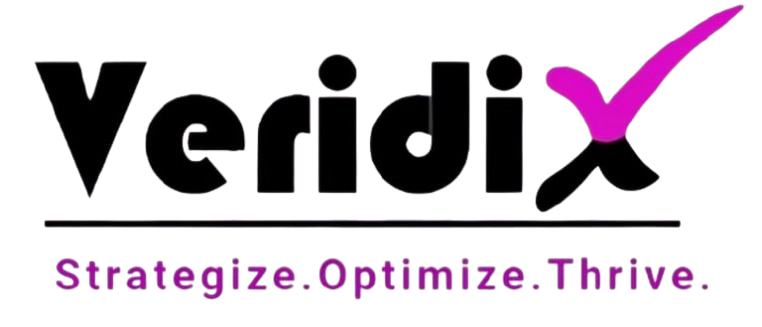Gap Assessment
Evaluating your current system against ISO 22000 requirements
Documentation Development
Creating policies, manuals, and SOPs aligned with the standard
Training Programs
Awareness, Internal Auditor, and implementation workshops for your team





